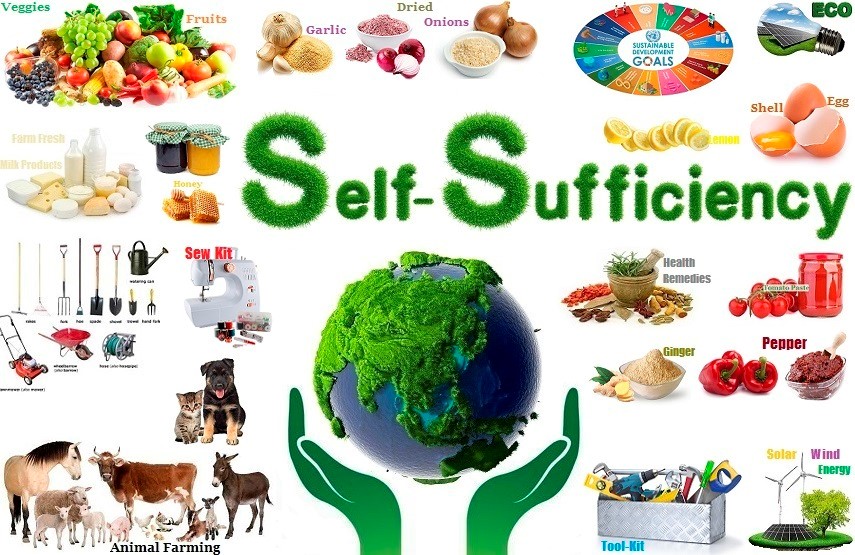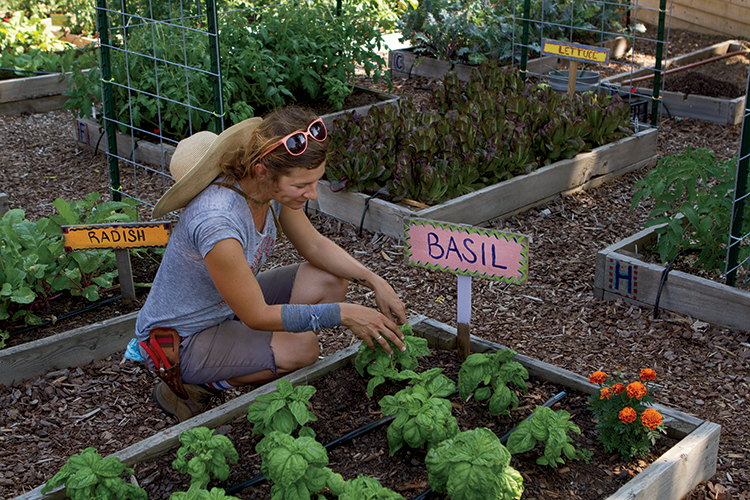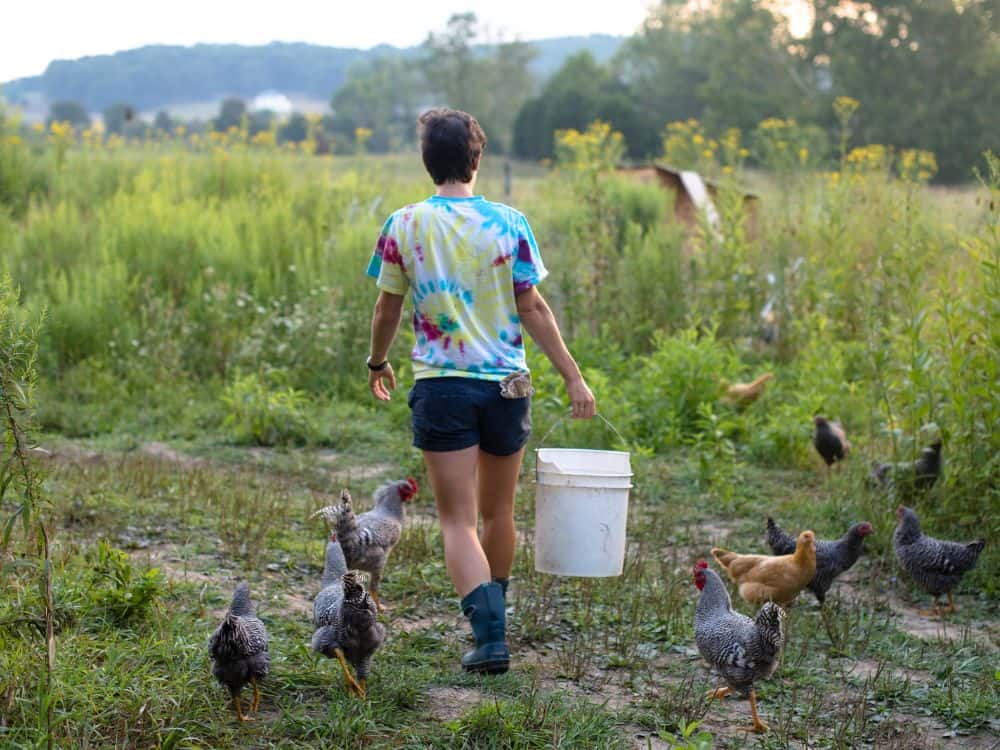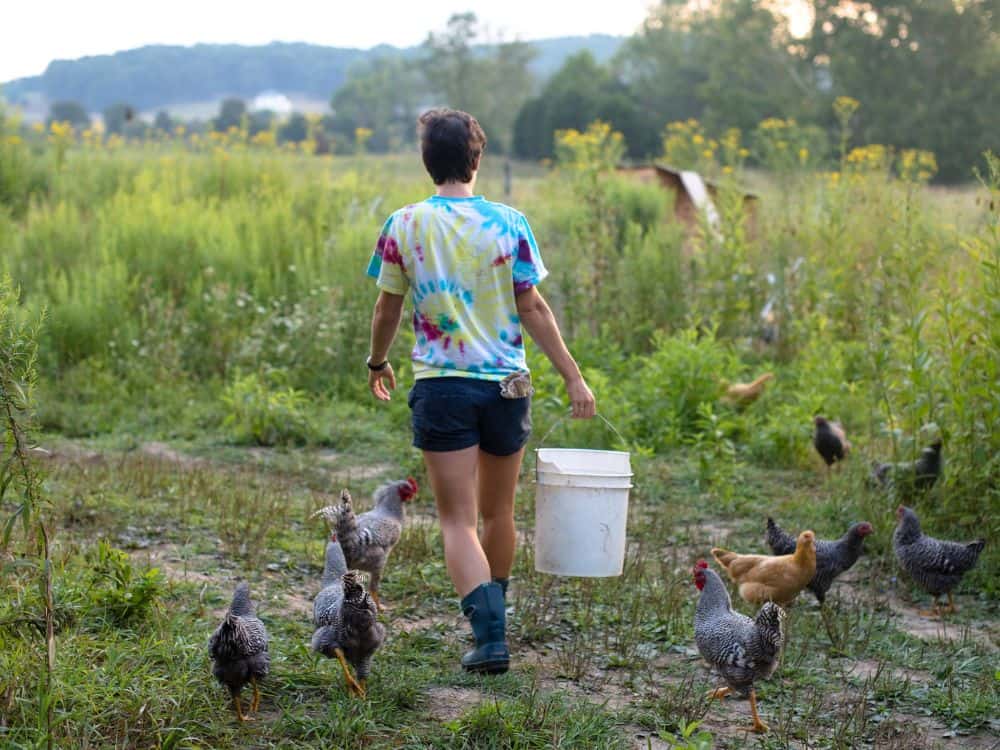Homesteading and Sustainability: How They Go Hand in Hand
Sustainability has been a topic of concern in recent years, and there is a growing interest in finding ways to live sustainably. One solution that has gained popularity is homesteading. Homesteading is a lifestyle that involves self-sufficiency through farming, gardening, and other self-reliant practices. Through homesteading, individuals can become more mindful of their resource consumption and minimize their environmental impact. Additionally, homesteading allows individuals to control the quality of their food, save money on essential items, and improve their connection with nature. In this blog post, we will explore how homesteading and sustainability go hand in hand.
Benefits of Homesteading for Sustainability
Homesteading is an excellent way to live sustainably because it reduces dependence on external systems, like supermarkets or energy grids. Homesteaders grow their food, generate their power, and recycle waste, among other things. By doing so, they lower their carbon footprint and reduce the waste generated through their daily lives. Additionally, homesteading is an excellent way to connect with nature and build relationships with the environment. Through homesteading, individuals can learn about the impact that their actions have on the environment, and they can take steps to minimize that impact.
Ways to Introduce Homesteading Practices
If you are looking to introduce homesteading practices into your life to promote sustainability, there are many things that you can do. Here are a few simple steps to get started:
1. Grow Your Food
Growing your fruits and vegetables is a great way to start living sustainably. You can grow your produce in a garden or even in containers on your balcony or windowsill. Growing your food reduces the transportation distance of food from farm to table, saving fossil fuels unnecessarily consumed when transporting fresh produce.
2. Compost Your Waste
Recycling your waste through composting is an excellent way to divert waste from landfills and reduce methane gas emissions. Composting is also an excellent way to enhance the quality of your soil and improve plant growth. Composting your food waste can also reduce the amount of trash produced in households, which the local government collects further saving on fuel expenses.
3. Generate Your Power
Generating your power is an excellent way to reduce dependence on electric grids. You can install solar panels on your roof and use the power generated to power your homestead.
Conclusion
Living sustainably through homesteading is a step towards a more mindful and responsible way of life. Homesteading benefits individuals and the environment in the long run, which makes it an excellent solution for sustainable living. By reducing waste, generating your power, and growing your food, amongst other things, you can make a small difference in contributing towards sustainable living.
Homesteading is an effective way to support sustainability, optimize resourcing and saving, and produce fresh and organic food. Through such dedicated practice, it is an excellent way to become more mindful of environmental impact and promote a healthier lifestyle for your family and community. This lifestyle does not only reduce waste but also incorporates sustainable and eco-friendly habits that can influence others to follow. By taking small steps, and working to strengthen these practices, you can make a grand impact on the world around you.











